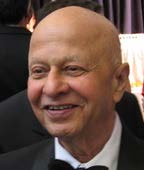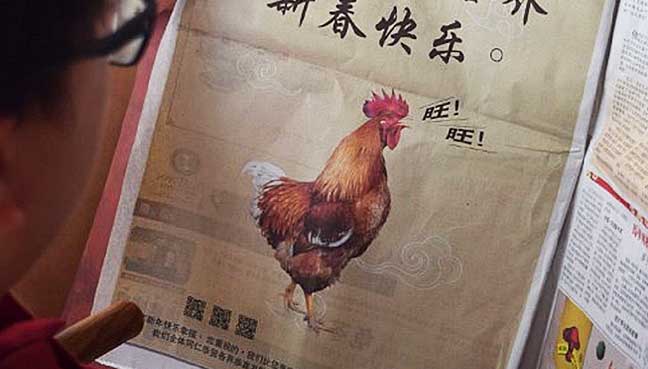SCOTUS cites CGEL (Props to Justice Gorsuch and the Supreme Court library)
(Cross-posted from LAWnLinguistics.)
When grammatical questions come up in legal cases, the lawyers and judges will want to support their arguments and analyses with citations to books about grammar. Most of the time, they cite books intended for a general audience, such as the McGraw-Hill Handbook of English Grammar and Usage, The Elements of Grammar, Strunk & White, and various books by Bryan Garner; and books intended for lawyers, such as The Grammar and Writing Handbook for Lawyers and (again) various books by Bryan Garner.
Unfortunately, none of those books gives an adequate description of English grammar, which is a subject that is much more complex than most people realize. If you're looking for a book that can speak about the subject reliably and with authority, the leading candidates are two books that are both known by the initials CGEL.
One is the Cambridge Grammar of the English Language (2002), whose main co-authors are Rodney Huddleston and Geoffrey Pullum. The other is the Comprehensive Grammar of the English Language (1985), by Randolph Quirk, Sidney Greenbaum, Geoffrey Leech, and Jan Svartvik. If you're dubious about my statement regarding the complexity of English grammar, you should note that both of these books are enormous: the text of Huddleston & Pullum exceeds 1,700 pages, and Quirk et al.'s exceeds 1,600 pages. If you ever have occasion to hold a copy of either book in your hands, be careful not to drop it on your toes.
Up until today, Huddleston & Pullum had been cited by U.S. courts 24 times, and Quirk et al., 12 times. The courts in question included the federal courts of appeals for the Fifth and Sixth Circuits and the supreme courts of Colorado, Minnesota, Oregon, Utah, and Washington. But not the U.S. Supreme Court.
Read the rest of this entry »




